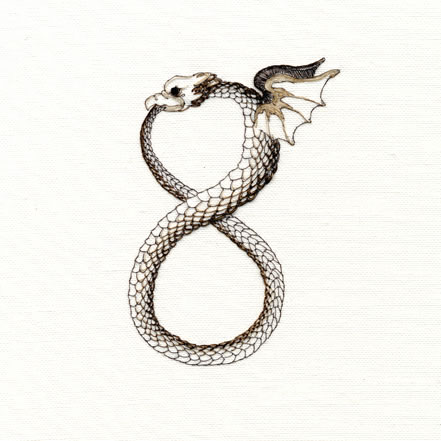Addiction Treatment
My first job in addiction treatment began in 1999. I’ve heard many elaborate definitions of addiction throughout my career in treatment. The best definition of addiction I have heard is simply this:
Addiction is a disease of Self-Neglect
– (attributed to Deepak Chopra and to Dan Griffen)
Addiction almost never begins with a plan to become an addict. If you've ever been addicted, ever really been owned by a substance like heroin, or a process addiction like porn or gambling, then you know. You know that no one would choose to become addicted. The Buddhists use the hauntingly accurate image of the "Hungry Ghost" to depict the ravenous craving, grasping hell of an addicted existence. The Hungry Ghost has a distended bloated - yet hollow belly, a tiny little pin hole mouth that cannot take in enough and huge gaping hungry eyes.
Early on, people experiment. When they begin to move from experimentation to more regular, habitual and even problematic use, they're doing what most other people in western culture do to regulate themselves, they have a drink. People are simply trying to get their needs met, survive, feel good! and for whatever reason, escape – what was once a decent coping mechanism slowly becomes a chained habit. Eventually the escape –begins to reveal itself for what it is-a mirage, a false oasis; their own tail. It's a damn good trap.
At this glimpse of clarity, people either choose to dive further into the mirage through denial, rationalization or hopelessness or they seek help. Most people come to this fork in the road many, many times and often cannot believe they're really beat. It takes a great deal of acceptance, willingness, humility and surrender to see through this illusion for any sustained length of time. In choosing to recover, an individual chooses to wake up. It is exactly like Neo in the Matrix after he takes to blue pill. He is yanked out of the dream world, literally unplugged and released naked into the "real world". He uses his eyes for the first time, feels cold, joy, terror, bliss, anger, incongruent memories, hopes, dreams, relationships…..life. Recovery is a homecoming. It is coming home to your true being-ness. Re-covery is a process of Re-membering the truth of who and what we really are.
However, when one has experienced significant early childhood or developmental trauma, recovery can be incredibly difficult. PTSD stems from unresolved trauma and it is stored in the body (Dr. Peter Levine's work in Somatic Experiencing research and treatment is largely responsible for this gain in the treatment of PTSD). "The issues are in the tissues" says Nikki Meyers, the creator of 12 step Yoga. When you hear PTSD think sensitive or easily dys-regulated nervous system. People with PTSD often live in chronicallyhyper-aroused or hyp-aroused states. Imagine if your body was in fight or flight states most of everyday; this means that while you are going about your day, perhaps at the grocery store or at the office, in the background your body believes it is running from a tiger. It might be hard to concentrate on anything else, hear people's directions or complete even mundane chores or activities, wouldn't you imagine? Thus, it islikely that these people might seek out relief and perhaps have a greater propensity towards addiction. We know that people who struggle with a dual diagnosis of PTSD and an Substance Use Disorders (SUDs) have worse outcomes than those with either diagnosis alone (Oiumette, 1998,1999). We also know from the research that up to 78% (depending on the study) of men in addiction treatment are likely to meet criteria for PTSD. The rates are about the same for women. Additionally, it's important to note that women with dual SUD and PTSD diagnoses frequently have or have been involved in Interpersonal Violence (IPV), thus the PTSD. There is a very strong correlation between women who drink alcoholically (obliterate, numb or disappear) and abusive partnerships. These women tend to be kind, compliant, giving, have diffuse boundaries, some may say "co-dependent" and frequently grew up in homes witnessing violence themselves. They tend to over-attend, over-attune to and take an over responsibility for other's feelings. Conversely, these women under-attune, under-attend to their own needs, internal world and often honestly do not know what they think, need, want or feel when asked.
PTSD and Substance Use Disorder (SUDs) are highly interwoven disorders. Substance use tends to keep PTSD symptoms such as flashbacks, insomnia, intrusive thoughts, extreme anxiety and hypervigilance at bay. Conversely, PTSD symptoms often get worse when people get sober.
(Brady, 1994, Koefoed, 1993) which tends to make people want to return to oblivion. Additionally people who abuse substances are more likely to be re-traumatized due to risky behaviors of SUD populations. The cycle tends to feed and perpetuate itself; the image that come to mind is the alchemical Ouroboros – the dragon who eats his own tail, perpetually recreating itself.
In service of meeting this need, I often suggest a present focused PTSD treatment known as “Seeking Safety” to clients new to sobriety. Seeking Safety is the work of Harvard trained researcher Dr. Lisa Najavts. The treatment was originally designed for women, but is now commonly used with men, in the VA and across more than 3,000 clinical settings. It’s reputed for it’s present focused nature, rather than trauma processing models such as EMDR, Cognitive Processing Therapy (CPT), or Exposure therapy which delve into old trauma memories and can be destabilizing and even dangerous for someone to experience in early recovery. Najavit’s model instead focuses on 5 key “present focused” areas. The first of which is establishing safety and stabilization which is consistent with the literature supporting both successful PTSD and SUD treatment. In my version, it is heavily laden with self-compassion and mindfulness training. Additionally, unlike other deep processing PTSD treatments, the person is not harmed if they drop out early or have only a partial treatment, as the treatment is present focused and skill based.
If you’re attempting treatment for substance abuse issues, it’s paramount that you also ask to be assessed for PTSD and concurrently get help for this issue as well. The truth is that you are already whole. The truth is that recovery is about remembering that and coming home to who you already are. You can do this. You’re already on your way.
Best wishes on flying free
Love and Light,
Dr. Regina



